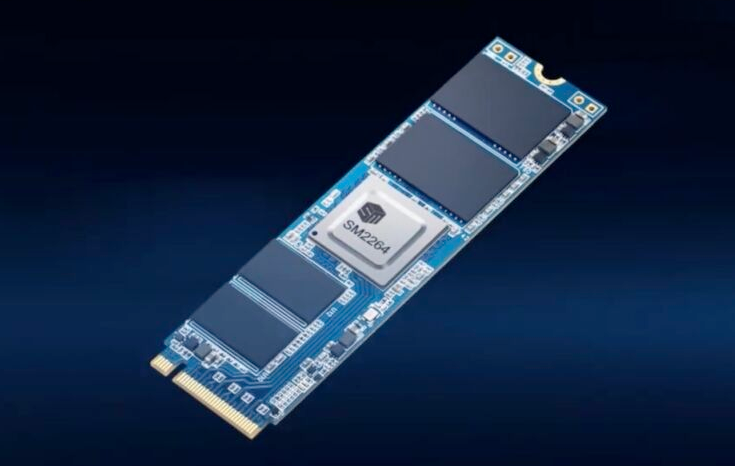News
Sabrent is developing a 14-GB-per-second PCI Express 5 SSD

According to a recent newsletter published by Sabrent, the business is now working on a new “Rocket X5” PCIe Gen 5 SSD that has the capability of achieving rates of up to 14 GBps. This drive is now in the stage of prototype, and Sabrent’s goal for the finished product is to achieve a transfer speed of 14 GBps if at all possible. If the X5 is able to reach that lofty target, it will have a performance that is superior to that of the greatest SSDs now available on the market. The Rocket X5 is currently in the development stage, and Sabrent has said that the name and label may be subject to change before the product’s introduction in addition to the transfer rate. Sabrent’s goal is to maximize performance to the fullest extent that the capabilities of the present SSD technology will allow, while minimizing the influence of any other factors.
Read rates of prototype versions of the Rocket X5 have already surpassed 12 GBps, which is faster than the speeds provided by the very first PCIe Gen 5 solid-state drives available for purchase on the market. At the very least for the time being, it appears that Sabrent is making significant work towards meeting its goal of 14 GBps. Currently, all PCIe Gen 5 SSD vendors are launching SSDs with transfer speeds of either 10 GBps or 12 GBps. For those of you who are unaware, the spec maximum for PCIe Gen 5 x4 is 14 GBps to 15 GBps. This is what makes this transfer rate so enticing for manufacturers to hit.
The problem stems from production challenges concerning higher speed 2400MTps 3D NAND flash, which is essential for achieving these greater transfer speeds. At this time, none of the three 3D NAND manufacturers that generate 2400MTps chips, which include Micron, SK Hynix, and YMTC, have been able to provide large volumes of these chips to the market. These manufacturers are Micron, SK Hynix, and YMTC. In a purely technical sense, Micron does not face this problem. In terms of both maturity and mass manufacturing, it is light years ahead of SK Hynix and YMTC; nonetheless, the company has been struggling with chip yield limitations, which has caused production bottlenecks.
As a consequence of this, it would appear that there is no assurance that the Rocket X5 will achieve 14 GBps when it finally goes on sale. The ultimate attributes of the drive will be determined by Sabrent’s production strategy and its decision regarding whether or not it will wait for high-speed 2400MTps NAND flash or whether it will launch the drive with slower specs and forego waiting for it entirely.













